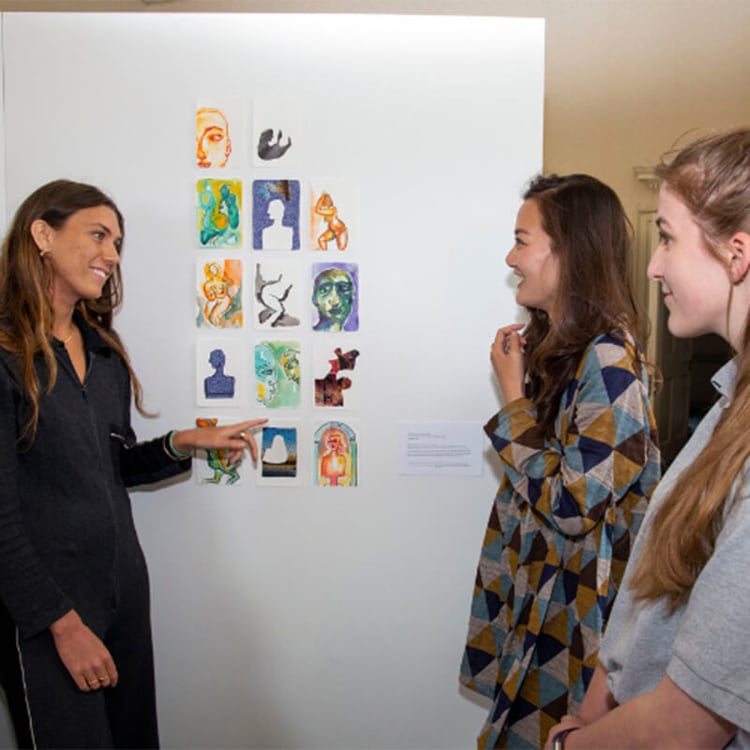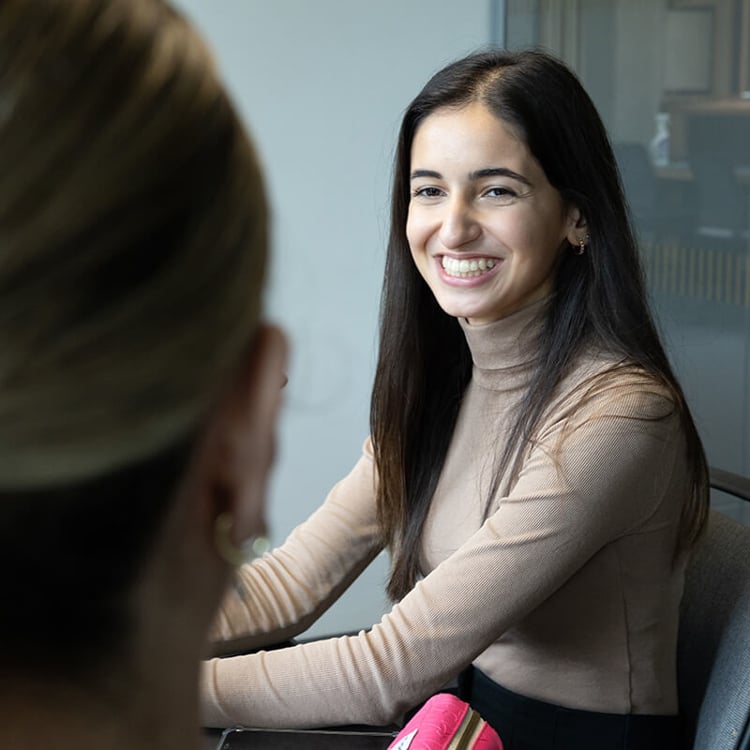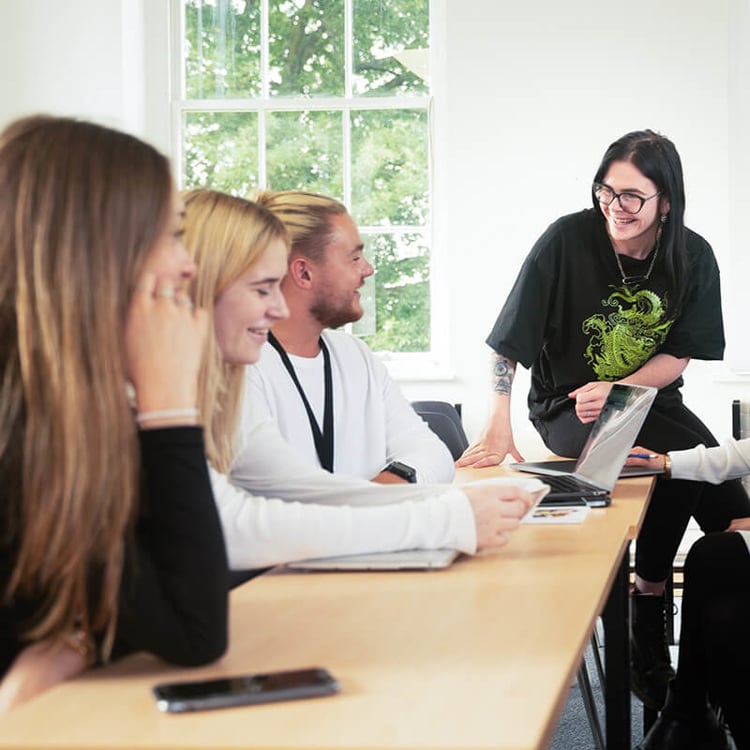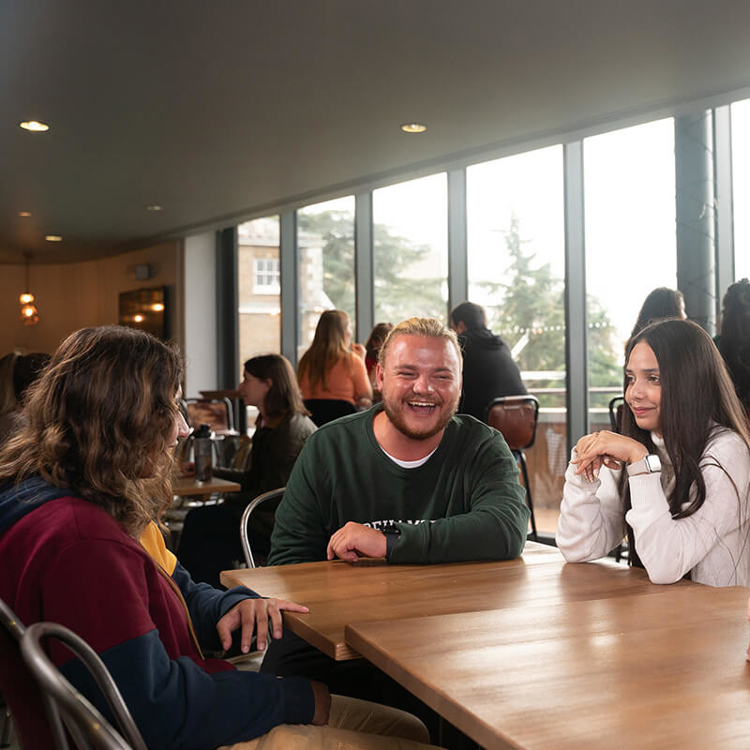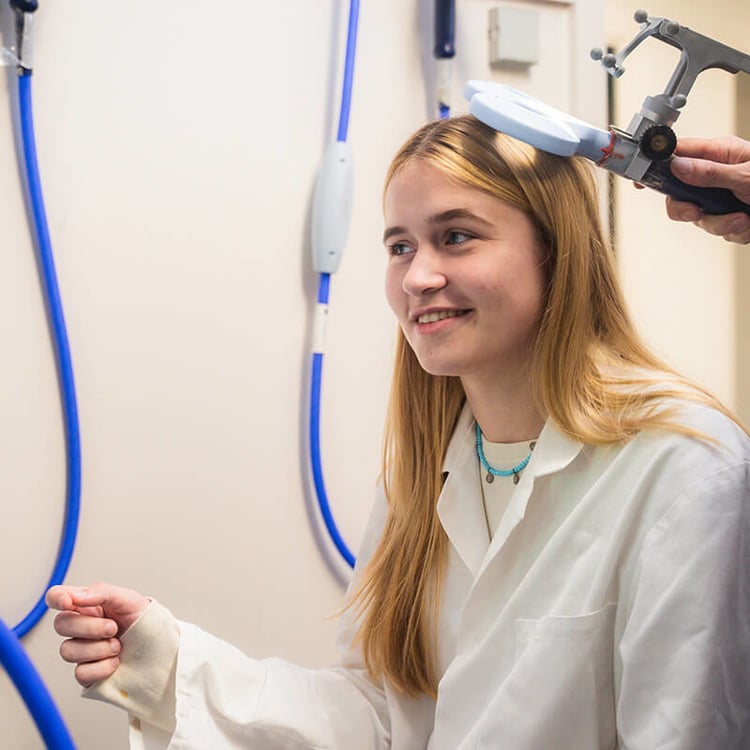Duration:
2 years (full-time)
3 years (part-time)
Number of credits:
180
Start date(s):
September 2025
September 2026
Develop the skills, practical experience, and confidence to begin a rewarding career as a professionally-qualified and registered art psychotherapist. This course is designed for experienced artists and professionals who have worked within clinical settings and would like to build a rewarding career as an art psychotherapist.
Why Roehampton?
Build a career as a professionally-qualified and state registered Art Psychotherapist. Graduates are able to apply for registration with the Health and Care Professions Council (HCPC).
![]()
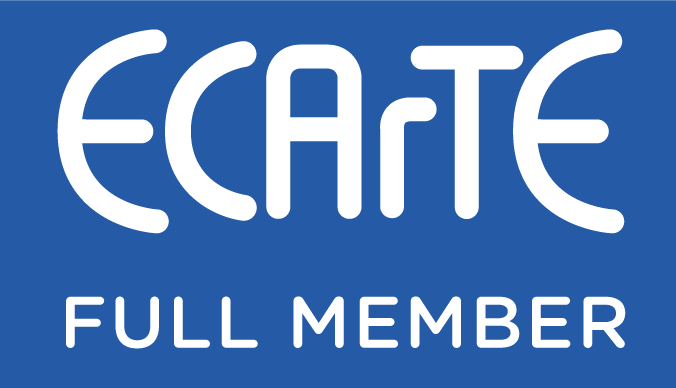
Modules
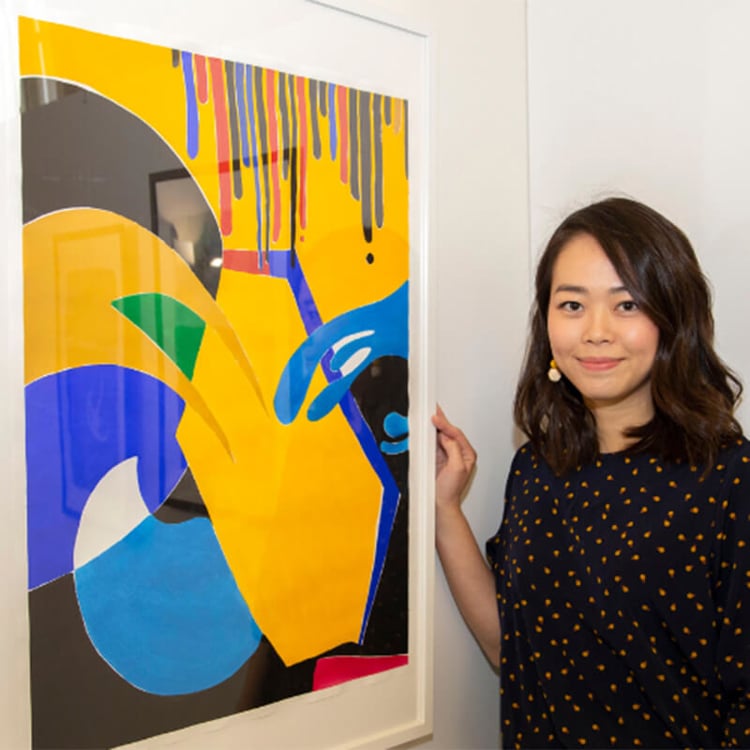
Your curriculum
You will be taught by leading experts who will equip you with the skills, experience, and confidence to work as an art psychotherapist in challenging, yet rewarding environments.
- Our graduating students are eligible to apply for registration with the Health and Care Professions Council (HCPC).
- Registered practitioners work in a variety of different settings including psychiatric hospitals, social services, special education, prisons and the voluntary sector.
Our comprehensive programme is divided into three areas covering theory, experiential learning and work placement experience. The theoretical aspect covers child developmental and psychodynamic principles alongside art therapy theory and Jungian analytical psychology. This perspective is located within the larger field of analytical psychotherapy and provides you with an in-depth theoretical underpinning that informs clinical practice.
We also offer introductory courses which provide a useful background in related professions. For more information on our Introduction Courses, Summer Schools and Foundation Course in Art Psychotherapy, see our Psychology Short Courses.
Learning
Your learning will be split between supervised clinical placements and taught days on campus.
A vital part of the programme is a supervised clinical placement which allows you to complete one hundred mandatory days of practice during your training. Placements are available in a variety of settings that include mental health (both in the NHS and other psychiatric hospitals and day centres), disabilities services or in hospitals or social services, special education, or a range of other settings.
Our full-time course starts with an intensive week followed by two taught days, two further days of clinical placement and one day for studio practice per week.
The part-time route starts with an intensive week followed by one day per week in University. Part-time students can also expect to be in placement two days per week.
Both full-time and part-time students must fulfil 50 placement days in Year 2 and 50 placement days in Year 3 (see Art Psychotherapy Placement 1 and Art Psychotherapy Placement 2 and Final Clinical Project modules above).
You will also attend weekly personal therapy which is compulsory to become a professional registered practitioner.
Can I still apply to the Programme if I don’t hold an art degree?
Ideally we are looking for candidates who have a degree in art and design. However, we also consider applicants with a degree in a related field, such as the arts, humanities and social sciences.
Can I still apply to the Programme if I don’t hold a degree?
On occasion, we do accept special entry applicants who do not hold a degree. Applicants without a degree need to have extensive clinical experience; a strong portfolio and demonstrate the qualities expectant of an art therapy trainee. Special entry candidates also need to demonstrate that they can manage the academic demands of an MA training.
Do I have enough clinical experience to apply?
This is one of the most frequently asked questions. The Programme looks for applicants who have extensive post qualifying clinical experience within a setting and with clients relevant to the Programme. This might include working with children, young people, adults and elderly with behavior or developmental challenges, learning difficulties, mental health or substance abuse issues, homelessness or facing life threatening illnesses, trauma or displacement etc. This work can either be done on a voluntary or employed basis. Artists in residency in a hospital would be welcome to apply as would people who have had experience working for aid agencies abroad.
Applicants need to have worked face to face with people in a helping capacity, within a clinical context. Applicants need sufficient experience to have developed a professional attitude and insight into the nature of the client group and care institutions.
Teachers and learning assistance need to have worked within special needs to meet this entry criterion. Unfortunately, working in a mainstream school with ordinary young people would not constitute clinical experience.
While applicants may have first hand experience of mental illness through, for example, a family member, this would not constitute clinical work. However, this would be a valuable experience for an applicant’s global understanding.
Clinical experience completed several years ago will be considered, however, it would strengthen an application form if the candidate had more recent clinical experience.
Applicants are asked to list their clinical experience carefully in their application form and self-asses to see if they meet this criterion before applying. In some cases, it might be useful to delay applying for a year and use the time to accrue further clinical experience.
Where can I obtain further clinical experience?
When trying to obtain further clinical experience, future applicants may wish to explore clinical services that are of interest to them, near where they live, for either paid or voluntary experience. The experience should involve working face-to-face with vulnerable or difficult to reach people within a clinical context.
How do I apply from outside the UK?
EU and overseas applicants must include a portfolio with their application. This can either be sent as a disc, electronically via a website or as printed photographs. EU and overseas application forms cannot be processed without a portfolio.
It would be helpful to know in your application if you were travelling to the UK at any point. Should your application be successful it would be best to meet in person for an interview, where you could present your portfolio.
If you cannot travel then you will be interviewed over the telephone.
What should I include in my art portfolio at interview?
All applicants who are invited to an interview need to present a portfolio of their artwork. For the purposes of online interviewing, we request that the portfolio is uploaded alongside the rest of the application.The brief for this is deliberately broad to encompass all aspects of art making. Portfolios need to demonstrate the applicant’s commitment to their art making along with the development of an identity as an artist. The portfolio should also demonstrate a fluidity of self-expression in a particular medium as well as a capacity to begin to explore self through the art making process. All plastic and digital visual art forms are welcome at interview. Please note that we do not provide computers or slide projectors at interview. If you are bringing any digital media you are requested to bring in a laptop.
Can I make an appointment to visit the University and speak to someone about training as an art therapist?
Unfortunately, due to this frequent request, we cannot make appointments to see individuals to discuss training options. However, we do hold 2 Open Days every year, which anyone interested can attend. This is a good opportunity to visit the University, meet the Programme staff and find answers to your questions. Open Days usually occur in January and June. You are advised to keep visiting the Programme webpage for updated information.
What is the deadline for applications?
The University operates a 'gathered field' approach for admission. Gathered field means grouping applications together for consideration. It is used where the number of places available is restricted to make the admissions process fairer to applicants. You can find the most up-to-date information on deadlines here.
Can I do my placement near to where I live?
On the whole, finding and allocating placements is done through our placement coordinator. The Programme has extensive links to clinical services nationally and every effort will be made to place students with an Art Therapist in a service in travelling distance to the student's home. However, depending on each student's location and availability, students need to be prepared to travel up to 1 hour one way, to reach their placement. On some occasions, those students living in more remote locations will be asked to work in collaboration with the placement coordinator to help identify local services. Some students will be involved in pioneering placements where they will establish a modest art therapy service.
Do I need to complete a Foundation course before applying to the MA Programme?
Completing a Foundation course is not a prerequisite to applying to the Programme. However, it can be a useful experience to find out more about art therapy as well as exploring yourself and art making in a unique environment. The Foundation course may be of equal interest to artists who wish to explore their practice in a psychological space but who don’t necessarily wish to go on to the full training.
Go to Psychology Short Courses for further information.
I have already had therapy do I need to have it again?
Yes, therapy is a mandatory aspect of the training and provides an important area of exploration and support for students.
Can I transfer credits from another Art Therapy training?
The specific nature of the training makes it very difficult to transfer credits from one University to Roehampton. However, you are asked to present your situation to the Programme coordinator for consideration.
Am I the right age to apply?
There is no age criteria associated with training. However, applicants need to have sufficient maturity and life experience to meet the personal qualities that are expected of a trainee therapist.
Shall I wait for all my documents before I apply?
No. The application process takes some time and you can submit your initial application and obtain references and copies of documents while this is being processed. However, any offer of a place is conditional upon submission of all the evidence.
Is there any funding available?
The majority of home/EU MA Art Psychotherapy students are self-funding. More information about funding opportunities can be found on our finance pages. Roehampton also offers a range of scholarships for international students.
The Theo Gimbel Charity Trust Funding Support
The following provides instructions to apply financial support for studying either part time or full time on the University of Roehampton MA Art Psychotherapy course.
Please note that enrolment will not be complete until payment details have been provided. Failure to complete the enrolment process will result in the application to the University of Roehampton being delayed and/or terminated.
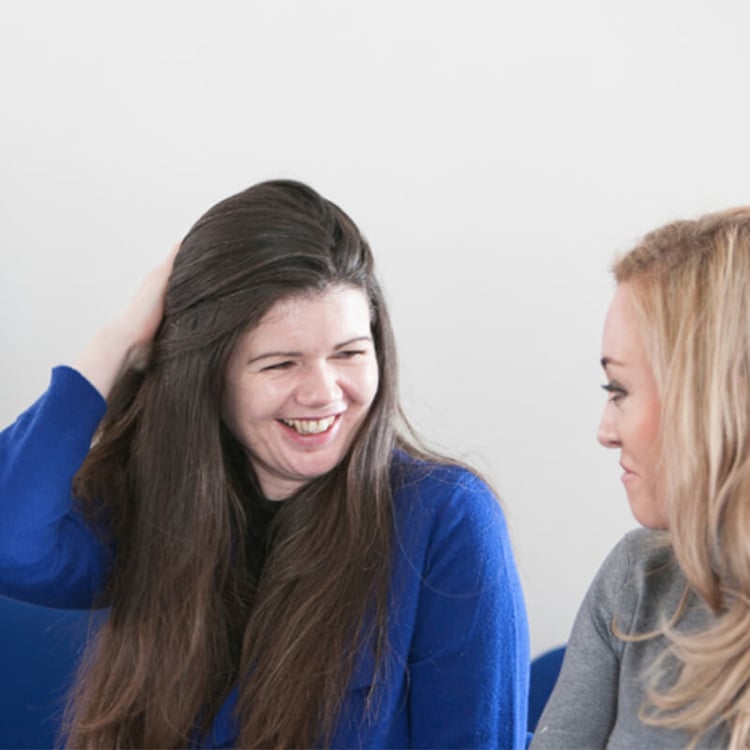
Entry information:
- Amount awarded is at the discretion of Theo Gimbel Charitable Trust Ltd.
- For application deadlines, please contact Martin Stubbs
- Year of entry is the new academic year commencing in September. Applicants need to apply prior to staring the programme.
- Eligibility: If you have an unconditional firm offer from the University, you will be eligible to apply.
How to apply:
- Write a cover letter (no longer than 1 page) stating why financial support is required and your experiences related to your application. This may include voluntary experiences, areas of strength and development, along with your career goals.
- Include your CV that details your education and work experience to date.
- Provide two professional references.
Send your application to:
Martin Stubbs, Director, Theo Gimbel Charitable Trust Ltd at: mstubbs101@me.com
Terms and Conditions:
- Please note that the Trust do not support funding for living costs.
- The University of Roehampton does not provide this funding and therefore is not responsible for the application funding decisions.
- Please note that the correspondence is solely between the applicant and the Trust. For any questions in applying for this opportunity, please contact the Theo Gimbel Trust Ltd.
- In order to become a fully enrolled student at the University of Roehampton, applicants must complete all the necessary academic requirements and make arrangements to pay all fees as directed by the University. Tuition fees are due for payment at the start of each academic year, or the start of each enrolment period for non-standard start dates as detailed in Section 5.1, Self-funding Student or the University’s Student Fee Payment & Enrolment Regulations. Please see more information on the finance pages.
- Applicants or continuing students in receipt of funding, either in full or in part by a private sponsor, such as a commercial or charitable organisation, must provide an official letter of sponsorship to the University. This is to be provided prior to or during, the enrolment period and should be an official letter of be an official letter of sponsorship on the organisations headed paper signed by an authorised signatory of the sponsor. The letter should include the invoice address, contact details and name of the official contact of the sponsor, your full name and the amount of the sponsorship.
- The University will invoice the sponsor directly and payment must be made in full within 30 days from the date of the invoice.
- Parents, family members or friends are not classed as sponsors.
- Should the sponsor default on payments or withdraw funding, the responsibility will fall upon the student to pay the fees. In which case the student must contact the Finance Department and make acceptable arrangements to pay any outstanding fees promptly.
Careers
Our graduates go on to work as art therapists in fields.
These include:
- healthcare
- education
- adult mental health
- the third sector.
They work in multidisciplinary teams, collaborating with psychiatrists, psychologists and other mental health professionals.
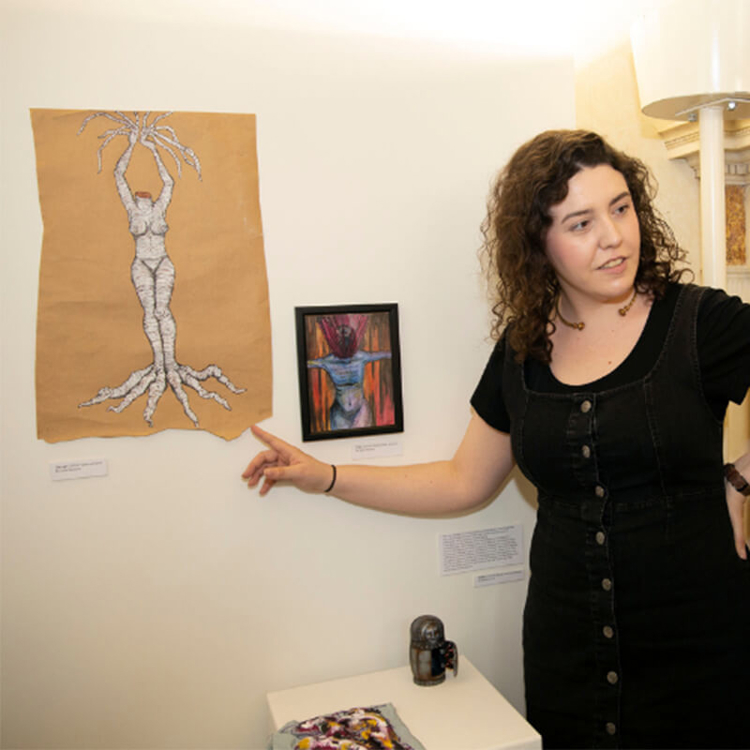
Open days
Get a real taste of our campus, community and what it’s like to study at Roehampton
Applying
UK postgraduate students apply through our direct application system.
This course uses a gathered field approach to process applications. Find out more information on how we will process your application.
Application deadline: 21 February 2025.
Interview date(s): 28 April – 16 May 2025.
Specific entry requirements
- Applicants will normally be required to hold a good degree (second class and above), usually in arts and design. Other disciplines such as psychology, teaching, nursing, the humanities, and graduate level professional qualifications in appropriate disciplines such as Occupational Therapy and Social Work are also considered.
- Applicants need to evidence that they can meet the academic demands of a Masters degree and will be required to prepare and submit a written personal statement to support their application.
- All candidates must present a portfolio of their art work at interview. For the purposes of online interviewing, we request that the portfolio is uploaded alongside the rest of the application. The art portfolio should demonstrate the applicant's psychological and emotional exploration of self through the art making process. All the plastic arts and electronic media are welcome at the interview. The brief for the portfolio is deliberately vague for applicants to bring their own understanding of what it means to be a practising artist. The portfolio should demonstrate a strong comment to their artistic practice along with a fluidity of self expression within a variety of mediums. International applicants are asked to provide an e-portfolio link within their application form to any appropriate online repository.
- Applicants should demonstrate a maturity of personality and self-awareness compatible with training as a therapist. Applicants need an appropriate degree of psychological mindedness including the capacity to form and maintain appropriate empathic relationships with clients. They should also demonstrate emotional literacy, robustness and an ability to be self-reflective. This is addressed through a combination of assessments, including a health screening form, searchingquestions at interview related to different parts of the training and experiential work.
- Applicants will be expected to have appropriate clinical experience of having worked within the past five years within a setting and with clients relevant to the Programme. This might include working with children, adults or older adults in the areas of learning disabilities, mental health, hospice care, dementia care, neuro-disability, homelessness etc. (this is not an exhaustive list). This work can be undertaken either on a voluntary or employed basis.
- An International English Language Testing System (IELTS) score of at least 7 with no element below 6.5 for applicants for whom English is not their first language.
- Applicants will be required to supply the names of two references, normally one of these should be able to comment on the applicant’s academic suitability and the other the applicant’s clinical suitability for the programme. References are always taken up prior to offering a place.
- In addition to these requirements, all students must be prepared to enter mandatory individual personal therapy. Payment for therapy is separate to course fees.
- All successful applicants will need to complete an enhanced Disclosure and Barring Service (DBS) check. Payment for this is separate to the course fees.
- We also offer 20 week evening foundation courses which provide a broad oultine and introduction in the arts and play therapies.
General entry requirements
September 2025 entry tuition fees (UK)
| Level of study | Full-time* | Part-time* |
| MA | £11,250 | £7,500 |
*Year 1 fee
We offer a wide range of scholarships and bursaries. See our financial support pages for UK students.
We also provide other ways to support the cost of living, including free buses and on-campus car parking, hardship support and some of the most affordable student accommodation and catering in London. Find out more about how we can support you.
Additional costs to consider
Personal Therapy
Students must complete at least 60 hours of personal therapy during training, funded separately from course fees. Therapy must be with a qualified, accredited professional. Costs vary, but some practitioners offer trainee rates—applicants should research typical fees.
Clinical Supervision
Supervision is mandatory and usually provided by placements. However, students may need to fund additional sessions occasionally. Costs vary, and some practitioners offer trainee rates.
DBS Check
Students must apply and pay for an enhanced Disclosure and Barring Service (DBS) check, even if previously completed. Subscription to the DBS Update Service is recommended to reduce costs.
Personal Indemnity Insurance
Students must take out personal indemnity insurance during placements. Costs depend on the chosen provider.
Travel Costs
Students should budget for travel to campus, placements, supervision, and therapy. Where possible, placements and therapy may be arranged locally, but this is not guaranteed.
Books & Equipment
Students may need to purchase books, recording devices, and an encrypted memory stick for storing clinical material. While library services are available, some core texts may need to be bought.
Professional Membership
Students are encouraged to join the British Association of Art Therapists (BAAT) as student members.
Studio Fee
A Roehampton Studio Fee applies for art materials: £60 per year for full-time students and £40 per year for part-time students.
National Insurance Number
Some placements may require students to apply for a UK National Insurance number.
International postgraduate students apply through our direct application system.
This course uses a gathered field approach to process applications. Find out more information on how we will process your application.
Application deadline: 21 February 2025.
Interview date(s): 28 April – 16 May 2025.
Specific entry requirements
- Applicants will normally be required to hold a good degree (second class and above), usually in arts and design. Other disciplines such as psychology, teaching, nursing, the humanities, and graduate level professional qualifications in appropriate disciplines such as Occupational Therapy and Social Work are also considered.
- Applicants need to evidence that they can meet the academic demands of a Masters degree and will be required to prepare and submit a written personal statement to support their application.
- All candidates must present a portfolio of their art work at interview. For the purposes of online interviewing, we request that the portfolio is uploaded alongside the rest of the application. The art portfolio should demonstrate the applicant's psychological and emotional exploration of self through the art making process. All the plastic arts and electronic media are welcome at the interview. The brief for the portfolio is deliberately vague for applicants to bring their own understanding of what it means to be a practising artist. The portfolio should demonstrate a strong comment to their artistic practice along with a fluidity of self expression within a variety of mediums. International applicants are asked to provide an e-portfolio link within their application form to any appropriate online repository.
- Applicants should demonstrate a maturity of personality and self-awareness compatible with training as a therapist. Applicants need an appropriate degree of psychological mindedness including the capacity to form and maintain appropriate empathic relationships with clients. They should also demonstrate emotional literacy, robustness and an ability to be self-reflective. This is addressed through a combination of assessments, including a health screening form, searchingquestions at interview related to different parts of the training and experiential work.
- Applicants will be expected to have appropriate clinical experience of having worked within the past five years within a setting and with clients relevant to the Programme. This might include working with children, adults or older adults in the areas of learning disabilities, mental health, hospice care, dementia care, neuro-disability, homelessness etc. (this is not an exhaustive list). This work can be undertaken either on a voluntary or employed basis.
- An International English Language Testing System (IELTS) score of at least 7 with no element below 6.5 for applicants for whom English is not their first language.
- Applicants will be required to supply the names of two references, normally one of these should be able to comment on the applicant’s academic suitability and the other the applicant’s clinical suitability for the programme. References are always taken up prior to offering a place.
- In addition to these requirements, all students must be prepared to enter mandatory individual personal therapy. Payment for therapy is separate to course fees.
- All successful applicants will need to complete an enhanced Disclosure and Barring Service (DBS) check. Payment for this is separate to the course fees.
- We also offer 20 week evening foundation courses which provide a broad oultine and introduction in the arts and play therapies.
General entry requirements
September 2025 entry tuition fees (international)
| Level of study | Full-time* | Part-time* |
| MA | £18,250 | £12,170 |
*Year 1 fee
We offer a wide range of scholarships and bursaries. See our financial support pages for international students.
We also provide other ways to support the cost of living, including free buses and on-campus car parking, hardship support and some of the most affordable student accommodation and catering in London. Find out more about how we can support you.
Additional costs to consider
Personal Therapy
Students must complete at least 60 hours of personal therapy during training, funded separately from course fees. Therapy must be with a qualified, accredited professional. Costs vary, but some practitioners offer trainee rates—applicants should research typical fees.
Clinical Supervision
Supervision is mandatory and usually provided by placements. However, students may need to fund additional sessions occasionally. Costs vary, and some practitioners offer trainee rates.
DBS Check
Students must apply and pay for an enhanced Disclosure and Barring Service (DBS) check, even if previously completed. Subscription to the DBS Update Service is recommended to reduce costs.
Personal Indemnity Insurance
Students must take out personal indemnity insurance during placements. Costs depend on the chosen provider.
Travel Costs
Students should budget for travel to campus, placements, supervision, and therapy. Where possible, placements and therapy may be arranged locally, but this is not guaranteed.
Books & Equipment
Students may need to purchase books, recording devices, and an encrypted memory stick for storing clinical material. While library services are available, some core texts may need to be bought.
Professional Membership
Students are encouraged to join the British Association of Art Therapists (BAAT) as student members.
Studio Fee
A Roehampton Studio Fee applies for art materials: £60 per year for full-time students and £40 per year for part-time students.
National Insurance Number
Some placements may require students to apply for a UK National Insurance number.


